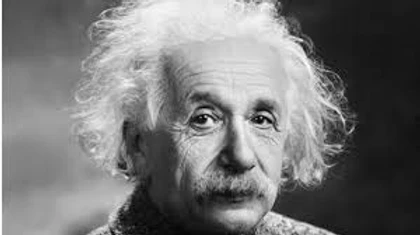When most people think of dyslexia, they think of seeing letters backwards or words jumbled up (like seeing ‘d’ as ‘b’). Or what comes to mind is that exhausted joke about a dyslexic walking into a bra, which I am told almost every time someone finds out about my dyslexia. In reality, people with dyslexia see language just the same as everyone else, but the thing that they have trouble with is manipulating that language. In short, having dyslexia means it takes you longer to decode and makes it harder to comprehend what you are reading.
Spelling is also something that people with dyslexia find challenging. It is common for dyslexics to spell words phonetically rather following standard spelling patterns, and while spell check or autocorrect may seem like a dyslexic’s best friend, these programmes are not optimised to understand the way in which people with dyslexia spell.
 Since I can remember being at school, I have found tasks like reading, spelling and comprehension to be incredibly difficult and laborious, but it was only in year 9 that I was assessed and then diagnosed with dyslexia. When I look back at my final years of primary school and think about the funny way I used to spell words according to how they sounded in my head, or how I would making embarrassing mistakes as I struggled to read out loud, I always ask myself how was it not obvious to my teachers I had dyslexia? Whilst it frustrates me that I was not diagnosed at a younger age, over the years I have been able to work out for myself effective ways of dealing with my dyslexia, and through much hard work I’ve have managed to achieve good grades in spite of my difficulties.
Since I can remember being at school, I have found tasks like reading, spelling and comprehension to be incredibly difficult and laborious, but it was only in year 9 that I was assessed and then diagnosed with dyslexia. When I look back at my final years of primary school and think about the funny way I used to spell words according to how they sounded in my head, or how I would making embarrassing mistakes as I struggled to read out loud, I always ask myself how was it not obvious to my teachers I had dyslexia? Whilst it frustrates me that I was not diagnosed at a younger age, over the years I have been able to work out for myself effective ways of dealing with my dyslexia, and through much hard work I’ve have managed to achieve good grades in spite of my difficulties.Having said this, it is impossible to avoid the fact that school remains really tough at times and it can be difficult to stay motivated when you feel like you’re falling behind and can’t keep up with the pace your peers are working at. I often feel as though I have to work twice has hard or put in double the amount of time to produce the same standard of work as other people in my class.
But despite the challenges dyslexics face, having dyslexia comes with – what I describe as – “unexpected perks.” Dyslexics have a difference in the structure and function of their brain, which makes them interpret the world in a slightly different way to others, enabling dyslexics to think creatively and laterally.

In order for dyslexics to succeed, however, they need to be supported, made to feel confident in their abilities, and made aware about their strengths, rather than just their weaknesses. As we head towards a time in which artificial intelligence seems destined to take over many of the jobs that people do today, it is becoming increasingly important for us to nurture the innovative and creative out-of-the-box thinking that dyslexics have, which cannot be replicated by robots or machines.



